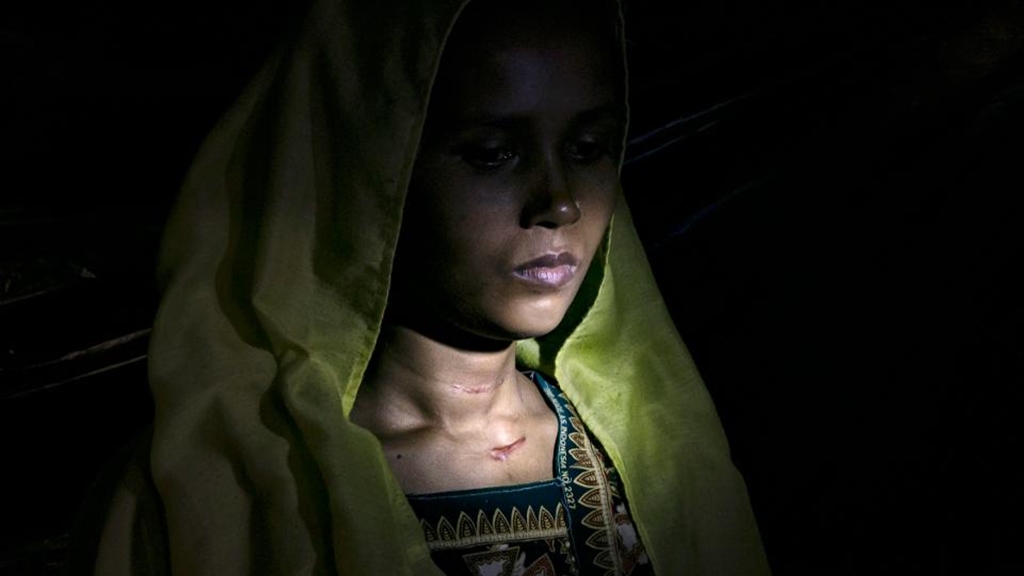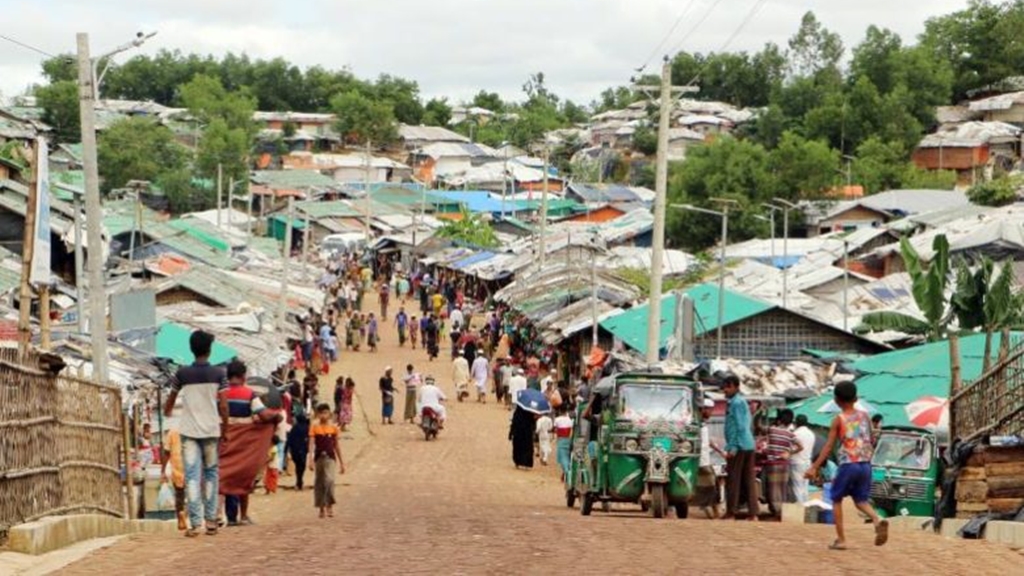
Having Fled Genocide, The Rohingya Muslims Now Face COVID-19 Risk
- 20/06/2020
- 0
In May 2020, global media reported on the first cases of COVID-19 to emerge in the Kutupalong refugee camps near Cox Bazar, Bangladesh. The Kutupalong refugee camps are the world’s largest, housing almost 860,000 refugees. They are more densely populated than New York, with more than 100,000 people living in each square mile.
The Kutupalong refugee camps are inhabited primarily by the Rohingya Muslims, a religious minority group that fled mass atrocities in Rakhine state, Myanmar. The atrocities including “extrajudicial executions or other killings, including by random shooting; enforced disappearance and arbitrary detention; rape, including gang rape, and other forms of sexual violence; physical assault including beatings; torture, cruel, inhuman or degrading treatment or punishment; looting and occupation of property; destruction of property; and ethnic and religious discrimination and persecution.” They may constitute acts of killing, causing serious bodily and mental harm, inflicting conditions that are calculated to bring about physical destruction, imposing measures to prevent births, and forcible transfers, namely methods to bring about genocide as under the UN Convention on the Prevention and Punishment of the Crime of Genocide (Genocide Convention). Because they are intended to destroy the Rohingya group in whole or in part, are may amount to genocide. Due to the severity of the atrocities, the International Criminal Court and the International Court of Justice are currently engaged in considering the atrocities.
As a result of the atrocities, over 700,000 Rohingya Muslims were forced to flee to Bangladesh. However, amid the spread of COVID-19, there is a growing fear that the communities, once targeted for annihilation in Myanmar, will now face further threat to their lives. This despite the fact that the camps have been placed in lockdown since March 2020.
While on May 22, the number of confirmed infections of COVID-19 was still very low (with only 13 confirmed cases), the situation is likely to deteriorate quickly. Indeed, as the UN warns, refugees (but also migrants) are particularly at risk of COVID-19. They are at increased risk of contracting diseases, as they typically live in overcrowded conditions without the means to follow health measures designed to prevent contracting such viruses as COVID-19. Furthermore, refugees and migrants have limited access to health-care services and necessary medicines.
To prepare for a potential outbreak, UNHCR and partners have been working on constructing isolation and treatment facilities, with the aim of securing 1,900 beds to serve refugees in the camps and host communities. While this aim may be achievable to prepare for the outbreak, the conditions in the camps do not allow effective prevention of the spread of the virus. Indeed, lockdown as we know it in many Western countries is a luxury that refugees cannot afford.
The coming days or weeks will show whether and how far the spread of COVID-19 can be contained to prevent the next major threat to the lives of the Rohingya Muslims who only some months ago escaped the genocidal atrocities.
Ewelina U. Ochab is a human rights advocate, author and co-founder of the Coalition for Genocide Response. Ochab works on the topic of genocide, with specific focus on persecution of religious minorities around the world, with main projects including Daesh genocide in Syria and Iraq, Boko Haram atrocities in West Africa, and the situation of religious minorities in South Asia. Ochab has written over 30 UN reports (including Universal Periodic Review reports) and has made oral and written submissions at the Human Rights Council sessions and the UN Forum on Minority Issues. Ochab is currently working on her PhD in international law, human rights and medical ethics. Ochab authored the initiative and proposal to establish the UN International Day Commemorating Victims and Survivors of Religious Persecution. The initiative has led to the establishment of the UN International Day Commemorating the Victims of Acts of Violence Based on Religion or Belief on August 22. Follow @EwelinaUO







